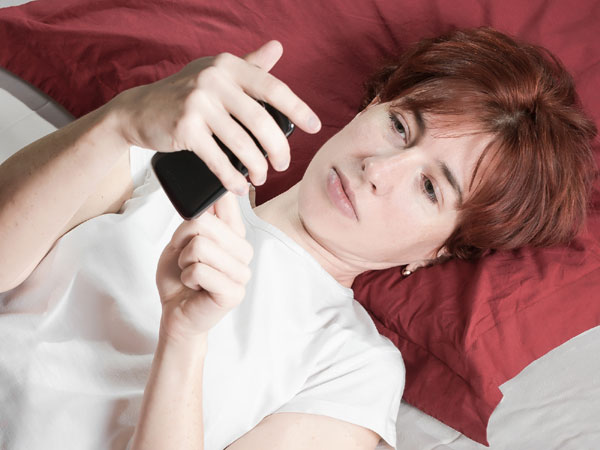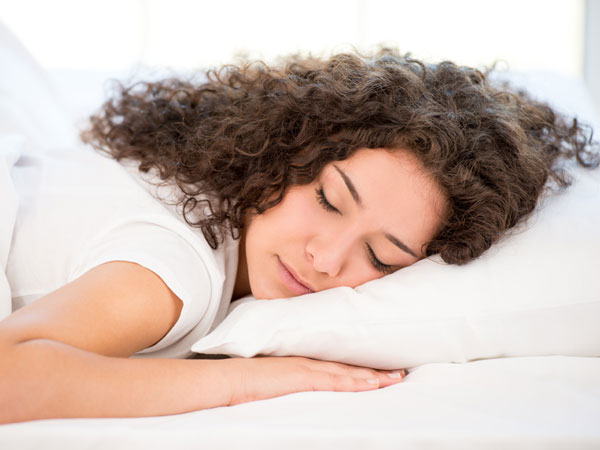With the fast-paced, hectic lives we all lead it can be hard to make time for all the things we have to do and the people we have to see. One of the things we always seem to compromise on the most, is the amount of sleep we get, without realising just how much that’s costing our body and mind. Not getting enough sleep is one of the worst things we can do for our physical and mental well-being. The hours we spend sleeping is when our mind and body recovers from everything we’ve been through during the day. A feature that really bears the brunt of our lack of sleep is our skin and unfortunately, sometimes there’s only that much your arsenal of make-up can do. Do your skin a favour and get a good night’s sleep, else be prepared for the following things to happen to you.

Your complexion suffers
Your body toasts all the dead cells and replenishes them, as well as gets rid of toxins while you sleep, to give you bright, glowing skin the next day. Not getting enough sleep results in your skin looking dull and tired.
There is an imbalance in the levels of your body’s essential fluids
Lack of sleep greatly decreases your skin’s moisture levels, which in turn affects the pH levels, making your skin look and feel drier. This can also cause redness, uneven skin tone and pesky breakouts.

Your pre-bedtime habits could be causing more harm to your skin than you know
Having a drink just a few hours before you sleep affects your REM sleep cycle, which is when your cells regenerate the most. Plus, we all know how dehydrating a drinking binge can be. This gives your skin a sallow, dull look and it feels parched throughout the day. Another bedtime habit that can really mess with your skin is using your phone or iPad or any such device just before you sleep. The light that your device emits affects your eyes’ perception of the time and convinces your body into staying awake for longer, hence resulting in you getting lesser time to sleep.
The way you sleep can also be affecting your skin
The reason for those puffy eyes we all hate is something we can easily control! If you’re someone who sleeps on your stomach, you are easily prone to liquid pooling under your eyes through the night causing your eyes to look puffy the next morning.

You get what we’ve come to see as the tell-tale sign of sleep deprivation – dark circles
As we mentioned earlier, your body’s cells regenerate while you sleep, with your skin being at the centre of this process. Staying awake too late and waking up early causes the blood vessels under your eyes to dilate, leading to the horrible dark under-eye pigmentation we call dark circles.




